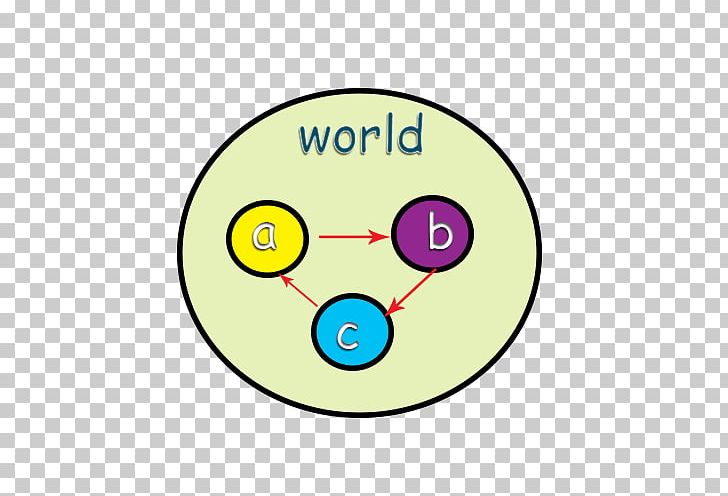
Movies: Examples of predestination paradoxes in the movies include 12 Monkeys (1995), TimeCrimes (2007), The Time Traveler’s Wife (2009), and Predestination (2014).īooks: An example of a predestination paradox in a book is Phoebe Fortune and the Pre-destination Paradox by M.S. If she had lived, it would never have existed, so how could you use your machine to go back and save her? You are the inescapable result of your tragedy, just as I am the inescapable result of you.” “You built your time machine because of Emma’s death. His subsequent attempts to save her fail, though, leading him to conclude that “I could come back a thousand times… and see her die a thousand ways.” After then traveling centuries into the future to see if a solution has been found to the temporal problem, Hartdegen is told by the Über-Morlock: Alexander Hartdegen witnesses his fiancee being killed by a mugger, leading him to build a time machine to travel back in time to save her from her fate. In The Time Machine (2002) movie, for instance, Dr. One way of dealing with this type of paradox is to assume that the version of events you have experienced are already built into a self-consistent version of reality, and that by trying to alter the past you will only end up fulfilling your role in creating an event in history, not altering it. Your attempt to change the past has therefore resulted in a predestination paradox. Sound complicated? Imagine that your lover dies in a hit-and-run car accident, and you travel back in time to save her from her fate, only to find that on your way to the accident you are the one who accidentally runs her over. This paradox suggests that things are always destined to turn out the same way, and that whatever has happened must happen. This results in a ‘temporal causality loop’ in which Event 1 in the past influences Event 2 in the future (time travel to the past) which then causes Event 1 to occur, with this circular loop of events ensuring that history is not altered by the time traveler, and that any attempts to stop something from happening in the past will simply lead to the cause itself, instead of stopping it. 1: Predestination ParadoxĪ Predestination Paradox occurs when the actions of a person traveling back in time becomes part of past events, and may ultimately causes the event he is trying to prevent to take place.

2) Consistency Paradoxes, such as the Grandfather Paradox and other similar variants such as The Hitler paradox, and Polchinski’s Paradox, which generate a number of timeline inconsistencies related to the possibility of altering the past.


 0 kommentar(er)
0 kommentar(er)
